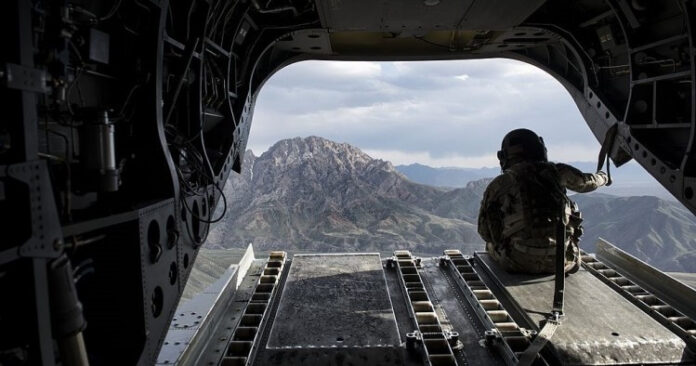Authors: Nilofar Sakhi, Annie Pforzheimer
Affiliation: Atlantic Council’s South Asia Center, Alliance for Support of the Afghan People (former Deputy Chief of Mission in the US Embassy in Kabul)
Organization/Publisher: Middle East Institute
Date/Place: July 29, 2021/USA
Type of Literature: Article
Word Count: 1890
Link: https://www.mei.edu/publications/missing-bigger-implications-us-withdrawal-afghanistan
Keywords: US, Afghanistan, Taliban, Central Asia
Brief:
The article is an attempt to reflect the current and developing situation in Afghanistan post US President Joe Biden’s announcement of withdrawal. The Taliban has successfully captured the key urban centers one after another. The insurgent group is following the key strategy introduced by Sun Tzu in his book The Art of War. The Taliban started its resurgence campaign from rural areas encircling the urban centers followed by successive encounters in the provincial capitals of Afghanistan. The insurgent group is also massively popular and supported by Pashtuns, the largest ethnic group of Afghanistan. The article emphasizes the consequence of Kabul’s fall in the coming days and its implications on the neighboring regions. According to the authors, all neighboring states of Afghanistan are trying to reach a reconciliation model between all stakeholders. An expanded Troika, i.e. Russia with the US, China, and Pakistan are considered as the most influential and prominent backers of sustainable peace under a stable Kabul regime. Although the study incorporates the ground realities of Afghanistan, it lacks contemporary developments. The authors claim that Pakistan has immense influence on the Taliban, but since the demise of its former leader Mulla Umar, the insurgent group has separated its ways to neutralize this Western perception. Regarding India, the article claims that Pakistan’s success will provoke India to communicate its presence via limited urban conflicts while using its proxies. Whereas the current scenario is drawing a different picture—where India has already vacated its consulates established along Durand Line, the border between Pakistan and Afghanistan. The fall of Kabul and Ashraf Ghani’s regime is written on the wall but the forecasting of internal politics of Afghanistan is more difficult due to delays and existing stubbornness in peace negotiations.
By: Muhammad Taimoor Bin Tanveer, CIGA Senior Research Associate




